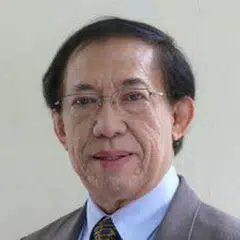
Leo Suryadinata
Senior Visiting Fellow, ISEAS - Yusof Ishak Institute
Dr Leo Suryadinata is Senior Visiting Fellow at ISEAS - Yusof Ishak Institute, and Professor (Adj.) at S. Rajaratnam School of International Studies at NTU. He was formerly Director at the Chinese Heritage Centre, NTU.